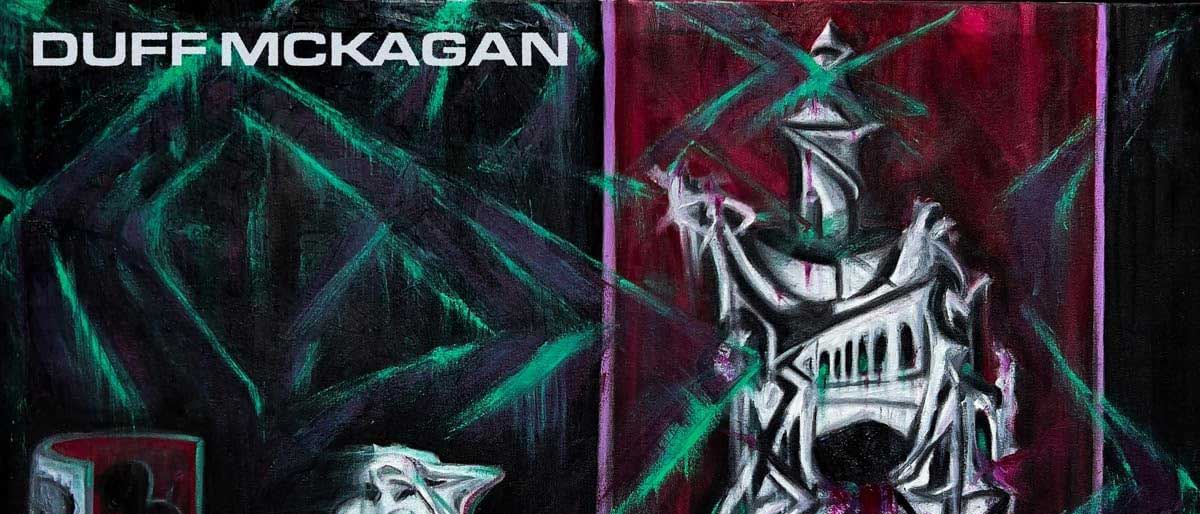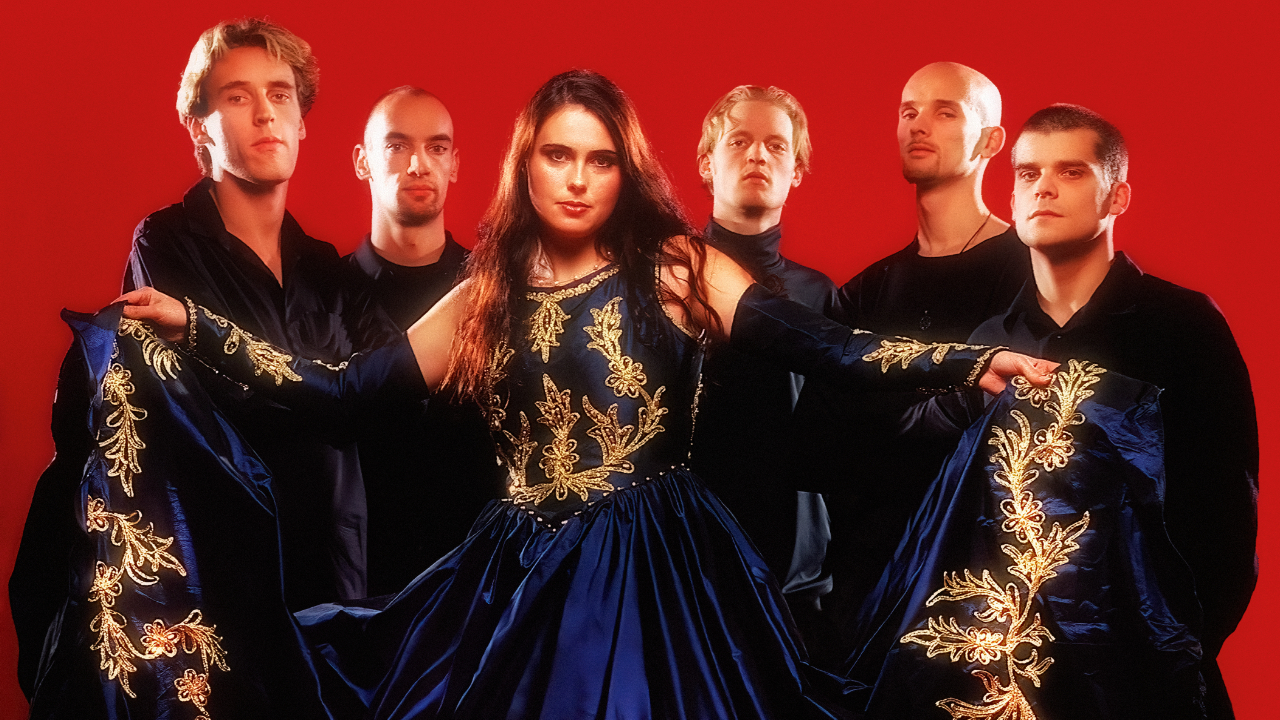You can trust Louder
Middle age suits Duff McKagan well, given that there was a time when it looked like he might not make it this far. He was walking the line long before he joined Guns N’ Roses, fleeing his native Seattle in his early twenties to escape the influx of heroin ripping through the punk scene in which he’d come of age, only to arrive in LA and plunge headfirst into the alcoholism that ultimately led to the exploding pancreas that almost killed him at 30.
It’s all here on Lighthouse. Broadly following the same rootsy path as 2019’s stripped-back Tenderness, it dials back some of its predecessor’s more countrified elements, occasionally pouring a shot of punk rock urgency into the punch bowl.
McKagan wears both the scars and the wisdom of almost 60 years on this planet without shame. ‘I washed up on the rocks, all broke up on the stone,’ he sings on the gospeltinged title track, his endearingly reedy voice shot through with emotion as he looks back on a life spent battered by the waves of chaos, misfortune and selfinflicted mistakes. But there’s a joyous, redemptive quality to it too: ‘Oh shine on me my lighthouse,’ he sings, offering a glimpse of a happy ending, ‘and dry these aching bones’.
That mix of vulnerability and positivity runs through Lighthouse. The heart-on-sleeve I Just Don’t Know (featuring acoustic guitars from Alice In Chains guitarist Jerry Cantrell) finds the older McKagan looking back on his younger self and seeing only youthful uncertainty (that song is given a run for its melodic money by the coruscating Holy Water). The electrifying Hope, featuring some killer guitar from Slash, is more pleading and less assuredly positive than its title would suggest.
But Lighthouse is anything but a morose pity party. Longfeather, inspired by late author Cormac McCarthy, is a knockout hard rocker with barrelling piano and propulsive drums. Folk-punk romp I Saw God On 10th St. and sparkling country rock gem Forgiveness both barely bother to conceal the despair at the state of humanity, but they do it with humour and a light touch.
It might all seem a long way from the howling urban venom and party-hard hedonism of GN’R in their prime, let alone McKagan’s teenage punk bands The Fartz, Vains and The Fastbacks, but there’s an honesty to Lighthouse that echoes all the way back to those more chaotic days. You can take the kid out of punk rock, but you can’t take punk rock out of the kid.
Sign up below to get the latest from Classic Rock, plus exclusive special offers, direct to your inbox!
Dave Everley has been writing about and occasionally humming along to music since the early 90s. During that time, he has been Deputy Editor on Kerrang! and Classic Rock, Associate Editor on Q magazine and staff writer/tea boy on Raw, not necessarily in that order. He has written for Metal Hammer, Louder, Prog, the Observer, Select, Mojo, the Evening Standard and the totally legendary Ultrakill. He is still waiting for Billy Gibbons to send him a bottle of hot sauce he was promised several years ago.


